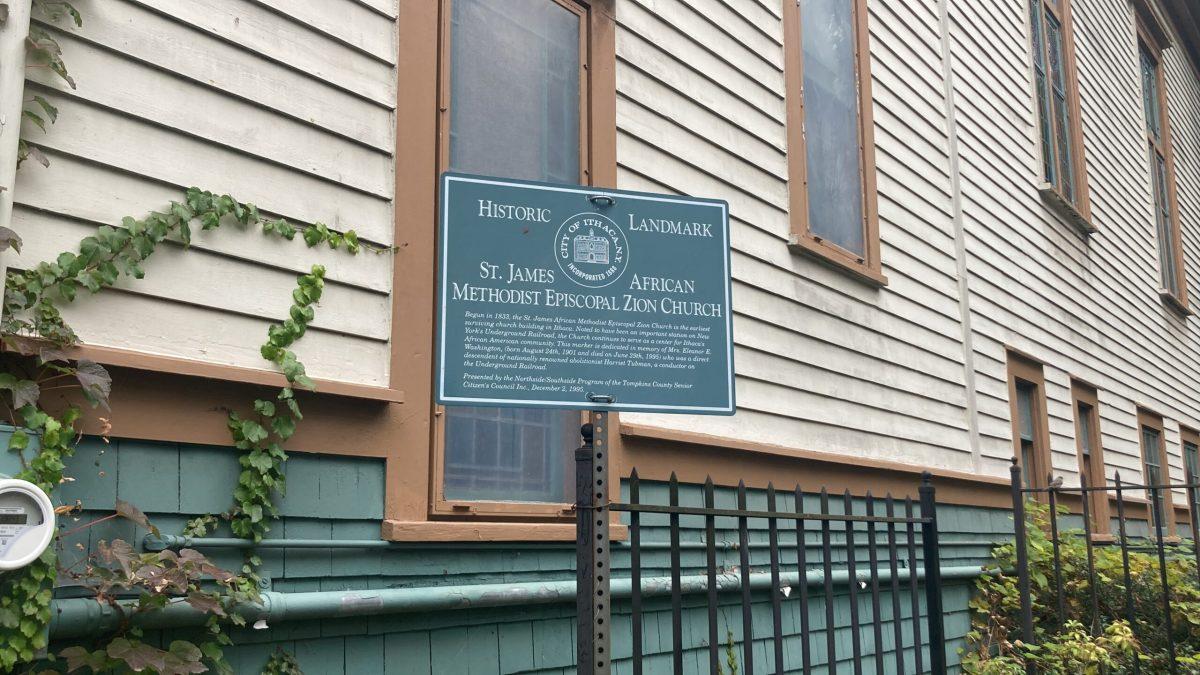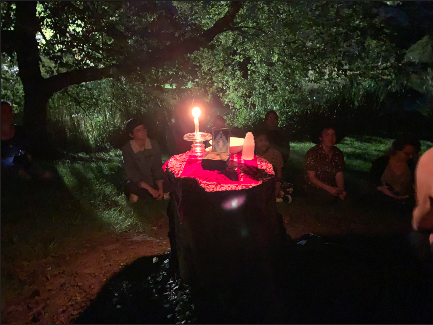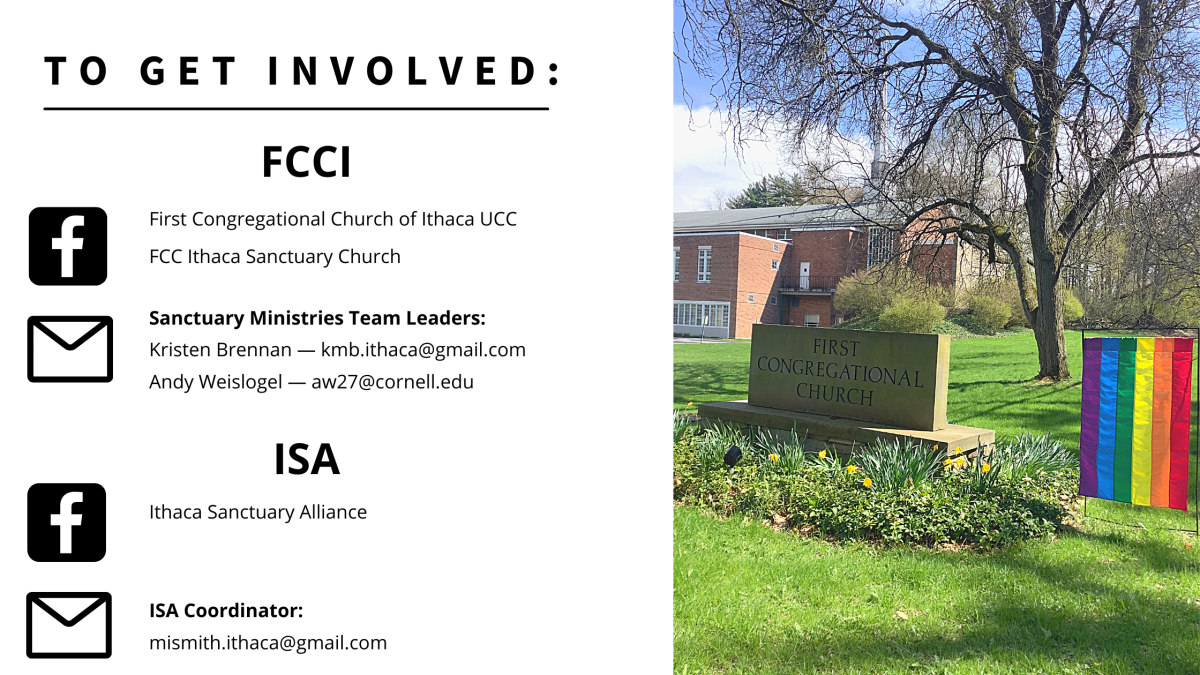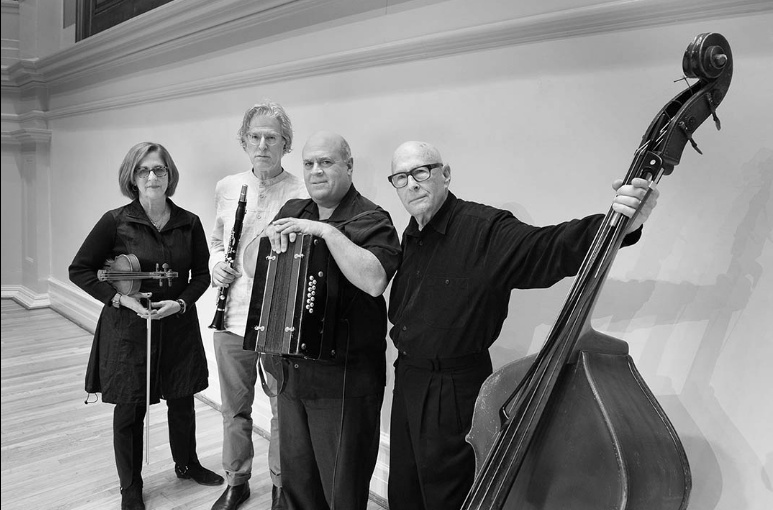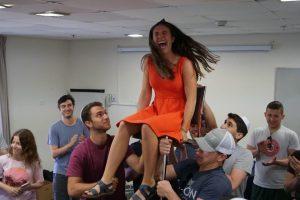
In mainstream western culture, adulthood is typically marked at age 18. But, in Jewish culture, adulthood begins at the young age of 13.
This transition to adulthood is typically signified through a traditional Jewish B’nai Mitzvot ceremony in which13-year-olds are asked to recite the respective week’s Torah portion at their synagogues. The service is often followed by a large party that bears resemblance to a Sweet Sixteen or Quinceañera, both of which are also common coming-of-age ceremonies in American culture. But, the experience of being B’nai Mitzvot is often exclusive to Jewish community members who belong to synagogues, and families who send their children to Jewish schooling.
To help bridge this gap for Jewish community members who did not have the traditional B’nai Mitzvot experience, Hillel at Ithaca College has given students the opportunity to have their ceremonies while on their college-affiliated Birthright-Taglit trips.
Birthright — Taglit (תגלית) in Hebrew — is a free 10-day trip to Israel, sponsored by the Jewish Agency, available to anyone between the ages 18–32 with Jewish heritage. There are trips twice a year during winter and summer college breaks with a cohort of approximately 50 students, college staff members and an Israeli tour guide.
Ithaca College has an approximately 16 percent Jewish undergraduate population. While some grew up attending religious schools and Jewish summer camps, others may not have grown up practicing the faith in a traditional manner or converted after the standard age mark. Lauren Goldberg, executive director of Hillel at Ithaca College, and Austin Reid, Spring Board Innovation Fellow at Hillel, said they encounter students from all walks of life coming to Hillel and taking part in Taglit.
Reid, himself, did not convert to Judaism until college, having grown up in the Catholic faith with no Jewish heritage. While a college student in 2015 attending Capital University in the suburbs of Columbus, Ohio, Reid decided to go on Taglit where he was Bar Mitzvahed.
He said he wanted to have this experience partly to help him relate and connect with members of the Jewish community who had a more traditional upbringing.

“I always felt a kind of bit left out because I did not have these memories because of my background,” he said. “Having that memory that so many of my peers had just helped kind of reinforce my sense of community with the Jewish people.”
Fast forward about three years, Reid now staff’s college-affiliated Taglit trips where he organizes and administers B’nai Mitzvot ceremonies for students to have the same experience as him. He has staffed two trips so far where a handful of students were B’nai Mitzvot.
Although senior Samantha Marks did celebrate the major Jewish holidays, including Pesach and Chanukah growing up, she was raised in the Catholic faith being born to a Catholic mother and Jewish father. Additionally, she said that her hometown of Albany, New York, does not have a prominent Jewish community. Less than 2% of the population identifies as a practicing Jew.
When filling out college application forms that asked about religious affiliation, she began to question her identity. Upon entering college, Marks had no intention of getting involved in Jewish life, rather it happened by chance.
“I kind of fell into Jewish life at Ithaca by accident,” she said. “Most of the friends I made during my first year there were Jewish and would encourage me to go to Hillel events, even if it was just to learn something I didn’t know before. Slowly, I started to go to events by myself, or I’d be the one convincing my friends to go.”
She said the college’s Hillel was a very open environment with students of all different backgrounds and upbringings — noting that Goldberg’s daughter is also interfaith.

She then found herself signing up to go on the college-affiliated Taglit trip during the summer of 2018. When making this commitment, she never expected to return home being Bat Mitzvahed.
On her trip, she was Bat Mitzvahed with a handful of other students where she read an English-to-Hebrew transliteration of Torah and prepared a speech to share with her Taglit cohort about why having this ceremony was meaningful to her coming from an interfaith background.
“For me, it seemed very symbolic of embracing my Jewish half and making this journey to Israel in pursuit of more cultural connection,” she said. “I also knew that it was something my dad’s side of my family had always hoped for for me.”
“My decision was also in tribute to them and everyone who had helped me on my very confusing religious identity journey.”
Additionally, she picked a Hebrew name — which typically diaspora Jews are given at birth by their family — Reut (רעות), which she said was her grandmother’s name. In the Ashkenazi Jewish tradition, it is traditional for newborns to be named after their dead relatives.
Unlike Reid and Marks, junior Lexi Leitner grew up in a Modern Orthodox community attending Yeshiva, religious schooling, from kindergarten to middle school at Manhattan Day School. As a girl in the Orthodox community, she could only have a Bat Mitzvah party at age 12 — which is unique for girls in the Orthodox community — but not a service.
“Modern orthodox includes the fact that women can’t really sing by themselves or do things that would attract men,” she said.

As a result, Leitner said she was thrilled to have a service on her Taglit trip last summer, which she said helped her to fulfill both of her worlds.
“I was just never allowed to do it because, in the orthodox world, women… can’t do services by themselves,” she said. “It’s ridiculous. …The service meant a lot to me and it kind of gave me back that power that, you know, I can do this and it’s not a sin. No one is falling in love with me for [singing alone].”


